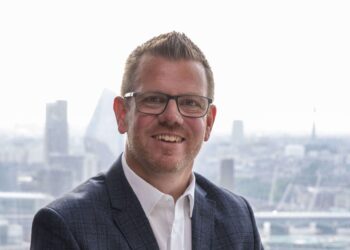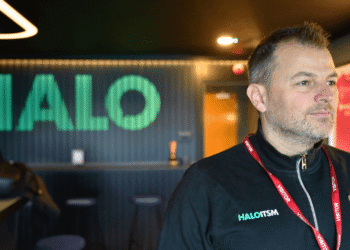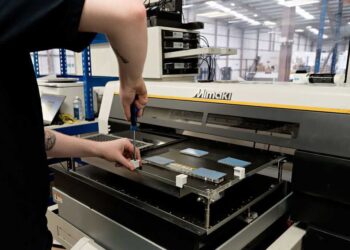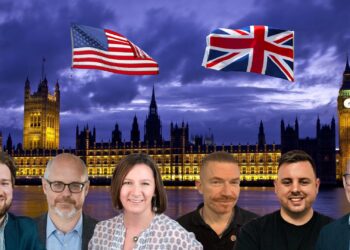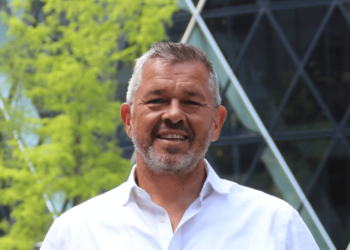Steamhaus
Focus: Manchester-based cloud and DevOps consultancy
Date certified as B Corp: July 2022
Representative: Daniel Faraday-Foster, Managing Director
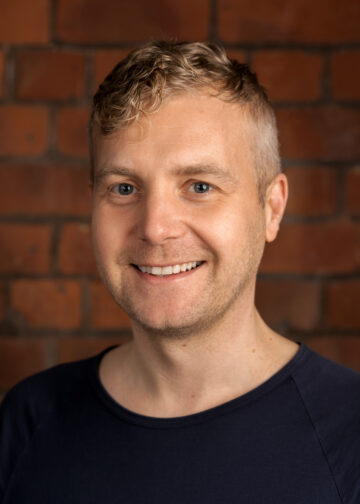
Why did you want to become a B Corp?
Because it represents values we’ve always held—that our people, our community, sustainability, and the environment should come before profits. Having a certification that backs up our working policies shows us we’re on the right path.
What’s your advice for other IT providers weighing up whether to follow your lead?
If you genuinely put your people (and the community/environment etc) first, it’s a great certification to have. It’s not easy to achieve though; it takes a good amount of time to achieve.
What was the most challenging aspect of the certification process?
Formalising various behaviours and turning them into specific policies. Turning “of course you can take a few hours here and there to go to the park with your child” into a full policy was tricky. Getting the attitude of “do what you like, just don’t take the piss” into policies is quite hard.

Is it worth it?
Definitely
How long did the process take?
9 months (ish). They are very thorough.
What’s the biggest business benefit of becoming a B Corp (or what do you expect it to be)?
Businesses like knowing that they’re working with a business that does the right thing by its people and the wider community. It’s been referenced by potential customers as a good thing—not many businesses in our industry are certified…yet.
Were there any other comparable certifications you considered pursuing, and if so what made you plump for B Corp?
We like the “Great Place to Work” certification and will probably explore getting it at some point; their process includes getting feedback from the wider team which is great. We opted for BCorp because it appears to cover more in the area of sustainability and the community—we like the emphasis on there being more to business than just making big profits.
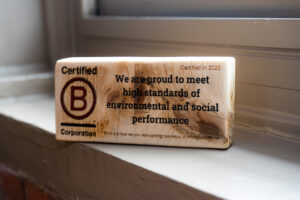
How much did certifying cost you, either in money or management time?
That’s a tough one to answer. We set aside a day a week for a good while to get it all sorted. The majority of time was spent fleshing out policies we’ve always had but not put to paper fully.





